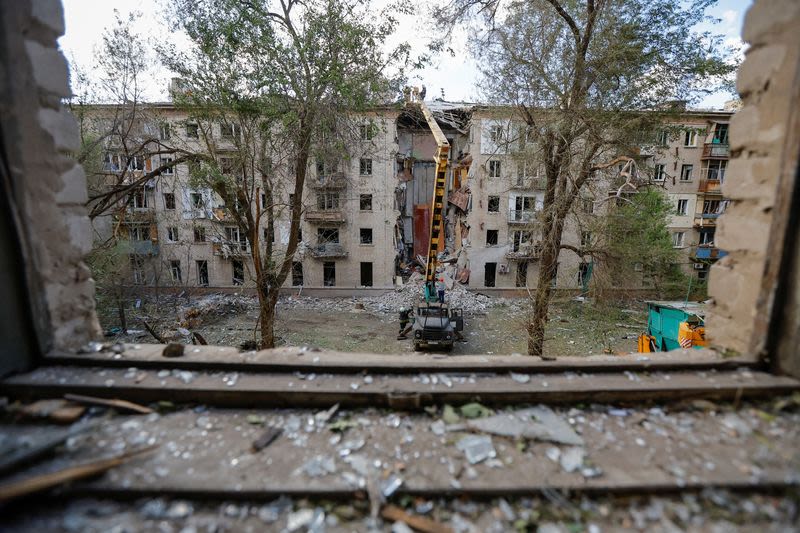Search results
Retaliation is the most frequently alleged basis of discrimination in the federal sector and the most common discrimination finding in federal sector cases. As EEOC works to address this issue, you can help. Learn more about what constitutes retaliation, why it happens, and how to prevent it.
What is retaliation? Retaliation occurs when an employer (through a manager, supervisor, administrator or directly) fires an employee or takes any other type of adverse action against an employee for engaging in protected activity.
News about Kremlin, Russia, Ukraine
News about Julio Foolio, Reid Hoffman, retaliation
Also in the news
RETALIATION definition: 1. the act of hurting someone or doing something harmful to someone because they have done or said…. Learn more.
Retaliation occurs when an employer punishes an employee for engaging in legally protected activity. Retaliation can include any negative job action, such as demotion, discipline, firing, salary reduction, or job or shift reassignment.
reciprocate implies a mutual or equivalent exchange or a paying back of what one has received. reciprocated their hospitality by inviting them for a visit. retaliate usually implies a paying back of injury in exact kind, often vengefully. the enemy retaliated by executing their prisoners.
Dec 6, 2023 · Common retaliation methods include: Firing; Demotion; Denying benefits; Denying promotions; Intimidation or threats; Report retaliation. Use the EEOC's public portal to report retaliation related to discrimination or harassment.
Retaliation occurs when employers treat applicants, employees or former employees, or people closely associated with these individuals, less favorably for: reporting discrimination; participating in a discrimination investigation or lawsuit (for example, serving as a witness), or; opposing discrimination (for example, threatening to file a ...
Jan 12, 2021 · What is workplace retaliation? If your employer is punishing you for filing a harassment claim, participating in an investigation, or otherwise exercising your rights in the workplace, that’s retaliation.* Here’s a short list of what retaliation looks like:
Retaliation occurs when an employer takes some sort of adverse action against an employee because said worker filed a complaint, participated with investigators, drew attention to illegal business practices, or otherwise exercised their legal rights in a way that an employer found objectionable.
In the international law context, retaliation is the use of diplomatic measures or force in response to a similar use of force. Also referred to as reprisal. For example, the tit-for-tat tariffs between China and the United States during the Trump presidency involved retaliation.


































